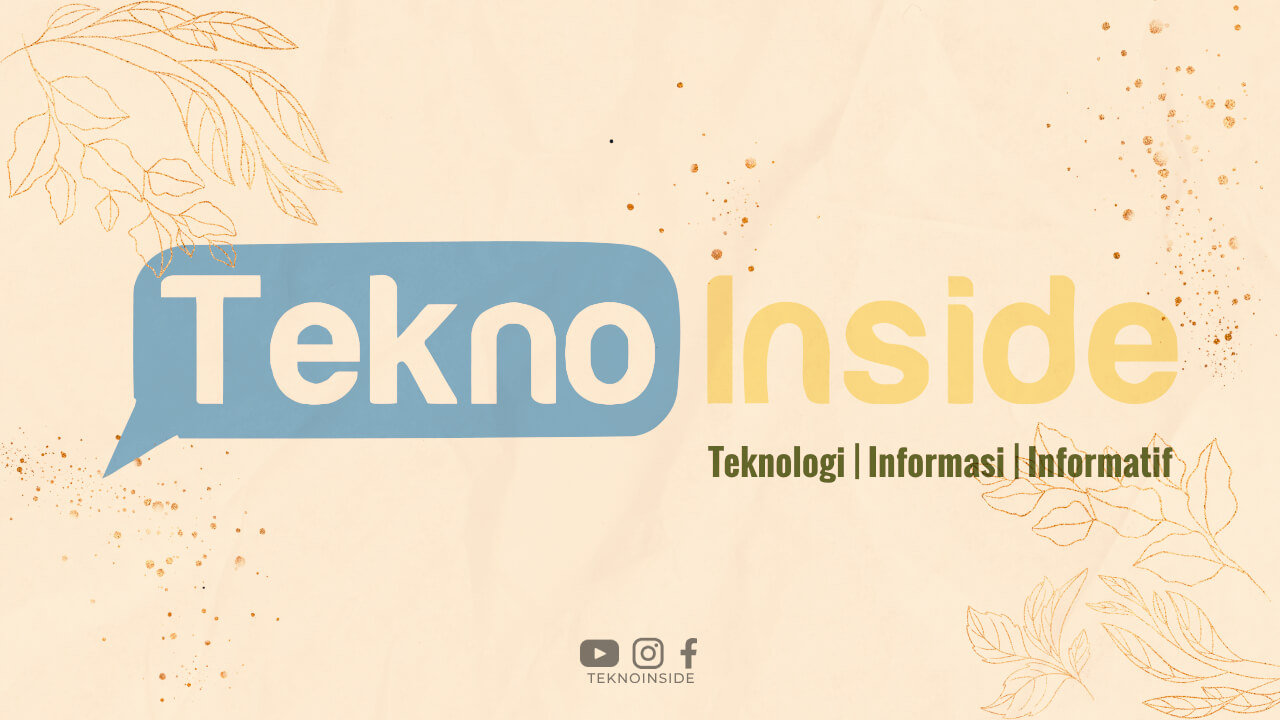With the rapid advancement of technology and the ever-increasing reliance on the internet, businesses have had to adapt and transform their marketing strategies to keep up with the digital age. This transformation is commonly referred to as digital marketing transformation.
The Evolution of Marketing
Traditional marketing methods, such as print advertisements and television commercials, were once the primary means for businesses to reach their target audience. However, with the rise of the internet, consumers have shifted their attention and behavior to online platforms.
Digital marketing transformation encompasses the process of utilizing digital channels and technologies to promote products or services, connect with customers, and drive business growth. It involves leveraging various online platforms, such as search engines, social media, email marketing, and websites, to establish a strong online presence and engage with the target audience effectively.
The Importance of Digital Marketing Transformation
In today’s digital era, businesses that fail to embrace digital marketing transformation risk being left behind by their competitors. The internet has revolutionized how consumers make purchasing decisions and interact with brands, making it essential for businesses to adapt their marketing strategies accordingly.
By embracing digital marketing transformation, businesses can unlock numerous benefits:
1. Expanded Reach:
Digital marketing allows businesses to extend their reach beyond geographical boundaries. With the internet, companies can target customers worldwide, opening up new markets and opportunities for growth.
2. Enhanced Targeting:
Digital marketing provides businesses with powerful tools and techniques to precisely target their ideal customers. Through data analysis and customer segmentation, businesses can deliver personalized and relevant content, increasing the chances of conversion.
3. Cost-Effectiveness:
Compared to traditional marketing methods, digital marketing offers a more cost-effective solution. Online advertising platforms, such as Google Ads and social media ads, allow businesses to set their budgets and only pay for the results they achieve.
4. Measurable Results:
Digital marketing provides businesses with the ability to track and measure the success of their campaigns in real-time. Through analytics tools, businesses can gain insights into customer behavior, campaign performance, and return on investment, allowing them to make data-driven decisions.
The Key Components of Digital Marketing Transformation
Digital marketing transformation involves a holistic approach, incorporating various components to create an effective online marketing strategy:
1. Search Engine Optimization (SEO):
SEO focuses on improving a website’s visibility and ranking on search engine result pages. By optimizing website content, keywords, and meta tags, businesses can attract organic traffic and increase their online presence.
2. Social Media Marketing:
Social media platforms, such as Facebook, Instagram, and Twitter, offer businesses the opportunity to connect and engage with their target audience on a more personal level. Through compelling content and targeted advertisements, businesses can build brand awareness and foster customer loyalty.
3. Content Marketing:
Content marketing involves creating and distributing valuable and relevant content to attract and retain customers. This can include blog posts, articles, videos, infographics, and more. By providing informative and engaging content, businesses can position themselves as industry leaders and establish trust with their audience.
4. Email Marketing:
Email marketing allows businesses to directly communicate with their customers, providing them with updates, promotions, and personalized offers. By building an email list and crafting compelling email campaigns, businesses can nurture leads and drive conversions.
5. Website Optimization:
A business’s website serves as its digital storefront. Optimizing website design, user experience, and page load speed are crucial factors in attracting and retaining visitors. A well-optimized website can drive conversions and improve overall customer satisfaction.
Conclusion
Digital marketing transformation is an essential process for businesses in the digital age. By adapting to the ever-changing digital landscape and leveraging various online platforms, businesses can effectively reach their target audience, drive growth, and stay ahead of the competition. Embracing key components such as SEO, social media marketing, content marketing, email marketing, and website optimization can significantly contribute to a successful digital marketing transformation.

